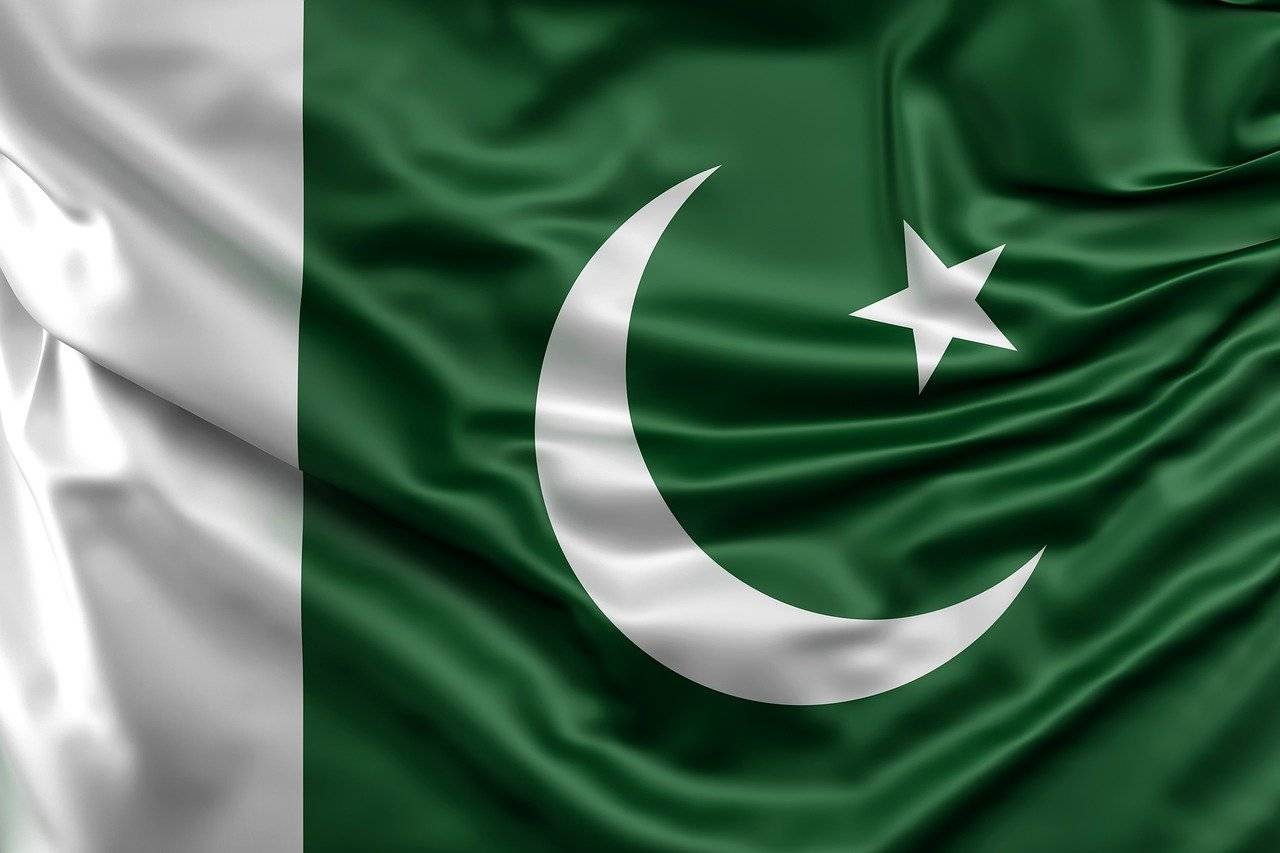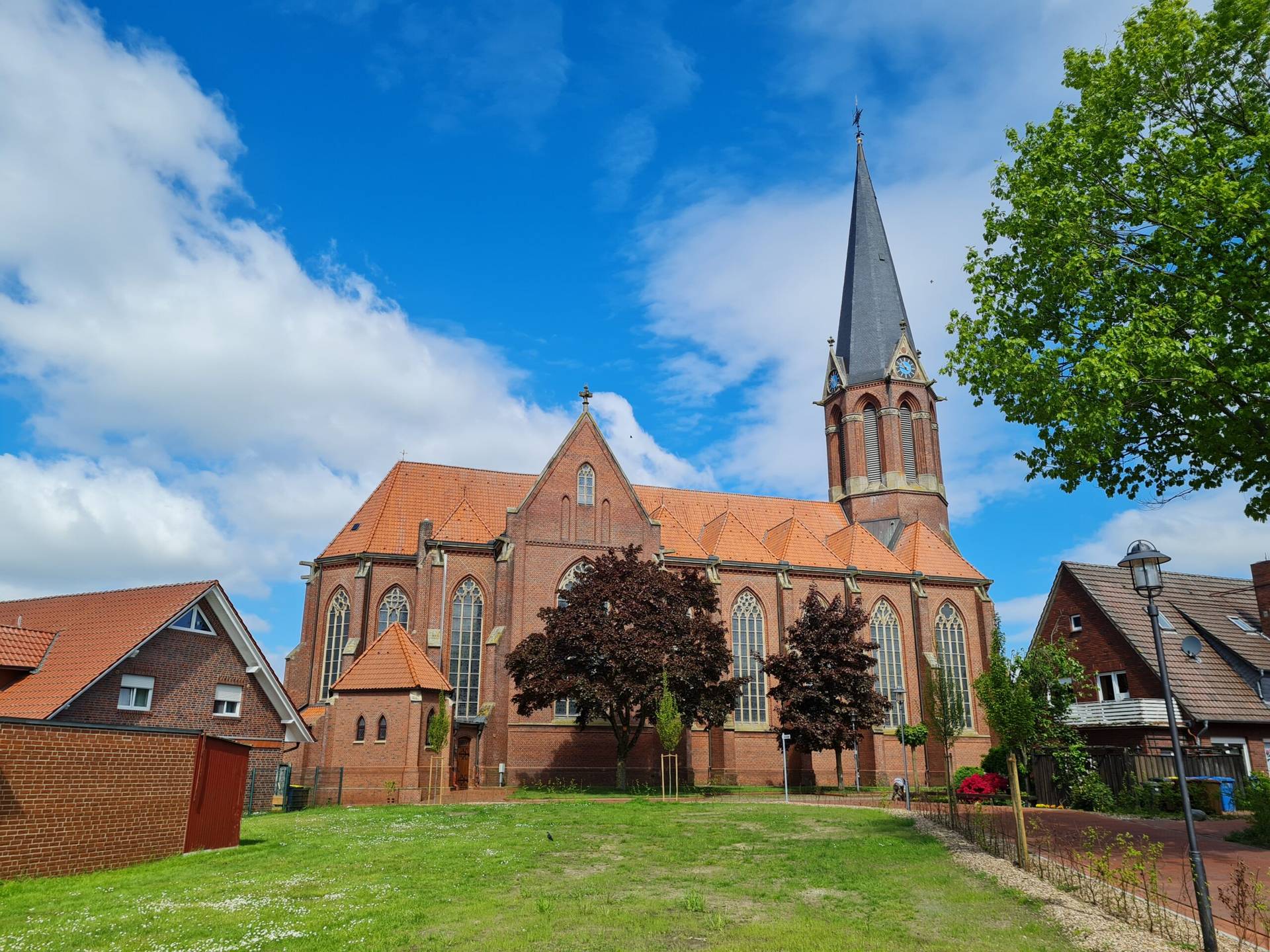ROME – With the Vatican expected to renew its provisional agreement with China on the appointment of bishops later this month, there’s one player set to be directly impacted should relations between Rome and Beijing advance, but which thus far has been conspicuously silent: Taiwan.
Pope Francis and his representatives have been vocal about their support and even praise of China, particularly in the two years since the 2018 deal between the two was struck, at times going out of their way to give a word of thanks or a shout-out.
When it comes to the Vatican and Taiwan, however – the Vatican being Taiwan’s only diplomatic ally in Europe – things are a bit more complex.
The phrase “dialogue of the deaf” has come to mean a situation in which two parties ostensibly are talking, but in reality aren’t really listening to one another. In the case of the Vatican and Taiwan, however, the situation might better be described as a “dialogue of the mute,” in that both parties are listening carefully but saying very little, at least out loud.
For the most part, the Vatican doesn’t acknowledge Taiwan at all, and Taiwan flies so far under the radar that many people wouldn’t even know they have a fairly active embassy in Rome because they draw so little attention to what they do.
Throughout Italy’s coronavirus outbreak, and even before, Taiwan’s Embassy to the Holy See has been active in providing financial and sanitary aid to the Vatican and to religious congregations, institutions and communities that turn to them with requests for facial masks, hand sanitizer, and other materials.
To this day, the embassy continues to receive these requests, and they respond.
They have also made several large donations of food to the papal almoner, Polish Cardinal Konrad Krajewski, to assist Rome’s poor, who are at higher risk of exposure to COVID-19 and who often lack necessary sanitary equipment.
This year Taiwan marked its national day celebration by hosting a lunch for the poor in partnership with Krajewski, serving traditional Taiwanese dishes.
RELATED: Taiwan embassy to Vatican marks national day serving poor
So far, these contributions have gone unacknowledged by the pope or any other Vatican official, who instead have issued public statements of thanks to China after the Red Cross Society of China and the China-based Catholic Hebei Jinde Charities Foundation in April donated health supplies to the Vatican Pharmacy, including facial masks, to support patients infected with COVID-19.
RELATED: During coronavirus, Vatican employs spiritual, political silence
As debate in other circles has mounted over China’s record on human rights and religious freedom, Pope Francis has largely refrained from public statements that could come off as critical of Beijing. With a Vatican-China agreement on bishop appointments set to expire this month, it is widely believed that Pope Francis and his administration have chosen to stay quiet, so as not to put the renewal of the deal at risk.
As things play out, it appears that Taiwan’s approach is to refrain from saying anything lest they make their already precarious situation worse, as it is widely believed that the current Vatican-China deal is merely a first step in pursuing formal diplomatic ties, and focusing instead on their humanitarian work with Vatican partners.
Despite its silence, Taiwan undoubtably feels the sting of the Vatican’s reluctance to acknowledge the contribution of arguably its most diplomatic partner in east Asia.
However, the Taiwanese have apparently chosen a different approach. Like the pope with China, they seem to be hesitant to say anything perceived as provocative and are instead focusing on humanitarian help as a way to show their commitment to the lone country in Europe which still recognizes Taipei instead of Beijing.
Since the Vatican-China deal was first struck, Taiwan has insisted that even if the Holy See eventually establishes diplomatic relations with China, they would not abandon Taiwan but would continue to maintain close ties, even if the nature of those ties change.
The end result remains to be seen, but in the meantime it seems clear that when Taipei and Rome want to make a point to one other, they’ll find ways of doing it that don’t actually involve using words.
Follow Elise Ann Allen on Twitter: @eliseannallen















